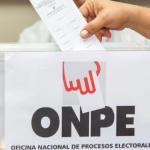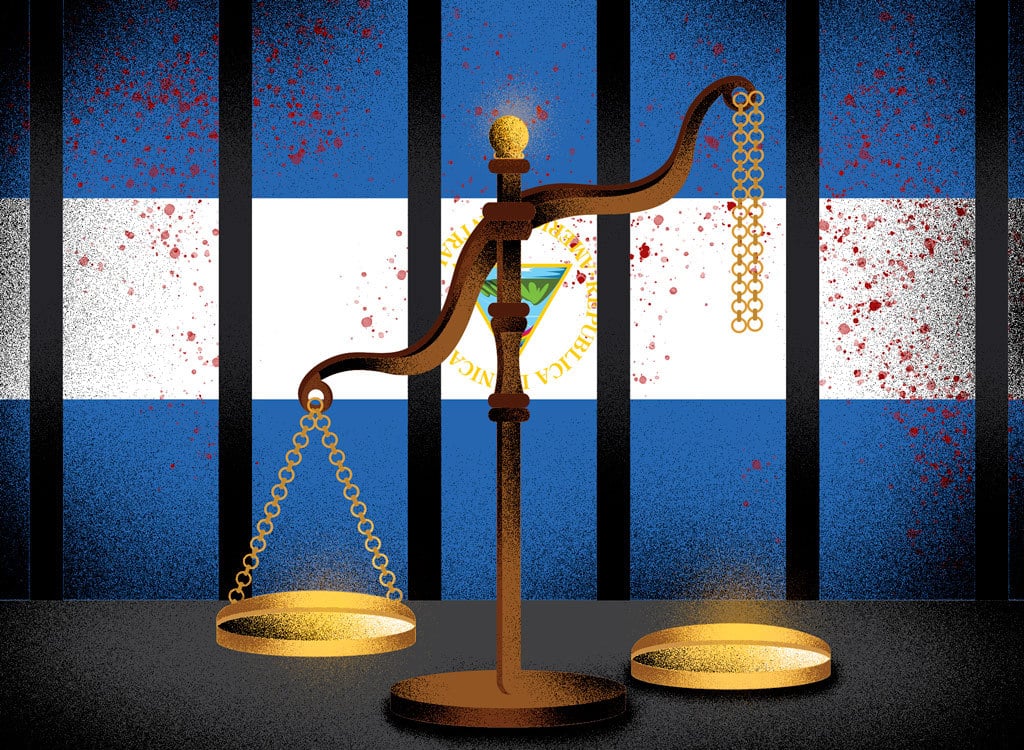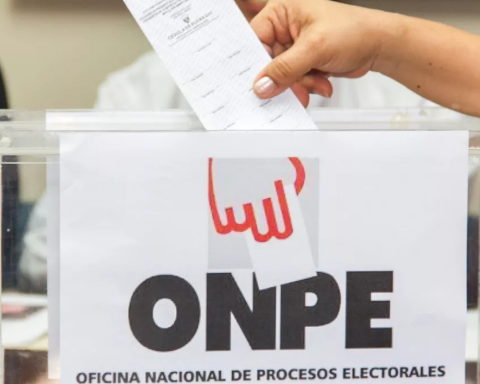In recent days, the board of directors of the National Secretariat for Science, Technology and Innovation (Senacyt) approved, by unanimous vote, the creation of the Regional Center for Vaccine and Biopharmaceutical Innovation (Crivb-AIP) in order to provide the country and the region with the capacity to research, develop and manufacture vaccines and monoclonal antibodies required to face health emergencies .
The scientific researcher and general secretary of Senacyt, Eduardo Ortega Barría, referred this Tuesday to this project, which is divided into phases and has a total estimated cost of $100 million and its funds have been managed since last year, when in June 2021, the National Assembly approved the institution an extraordinary credit of $2.5 million to begin the creation process.
Ortega Barría announced that next week a delegation will travel to Texas to visit three research centers. “We have established collaborations in Korea, India, and the United States with centers that already research vaccines, license vaccines, and in fact, already have authorized Covid-19 vaccines that are being used internationally,” the doctor revealed.
The secretary of Senacyt stated that this research center will guarantee the preparation and rapid response against pathogens. In turn, he stressed that they already have the funds transferred, they have the building identified and it has around 1,400 square meters.
The geographical scope of this center will be Central America and the Caribbean, a region that, with the exception of Cuba, does not have academic or industrial institutions focused on research and development of vaccines.
The initiative arose in the midst of the Covid-19 disease pandemic, which showed Panama’s need to develop vaccines and biopharmaceuticals so as not to depend only on large production companies, as is currently the case.
He explained that the plan outlined is to have the personnel, infrastructure and equipment between 2022 and 2023. This would be the first phase of the project.
The second phase of the project corresponds to the construction of a pilot vaccine production plant for phase I and II clinical research studies, and with the national production capacity of vaccines, monoclonal antibodies and other biopharmaceuticals. This phase has an estimated opening date in 2024.
The third and final phase would be the construction of a low-volume vaccine and biopharmaceutical manufacturing plant (30 million doses) for the region, according to a feasibility study.
The promising project has the support of the City of Knowledge Foundation, the Gorgas Memorial Institute for Health Studies, and academic partners, such as the Texas A&M University Health Science Center and the Korea International Vaccines Institute.










